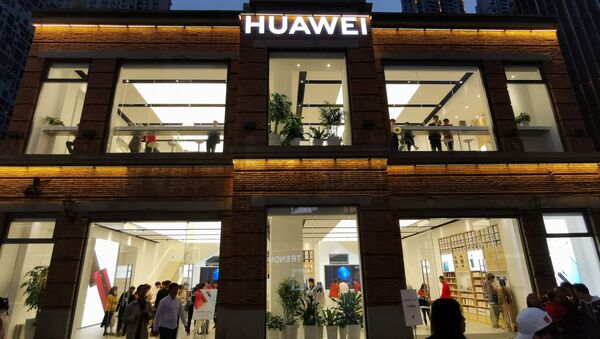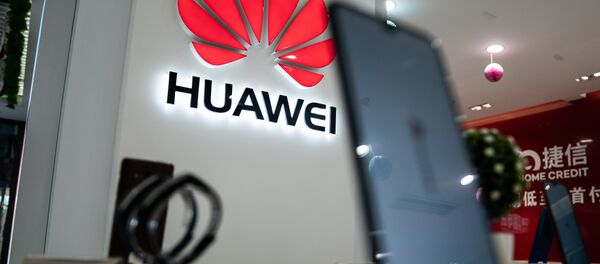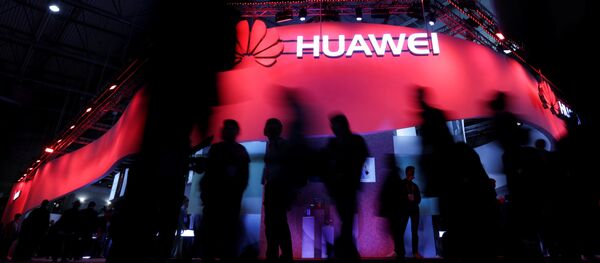For years, the Chinese tech giant has been supplying 2G, 3G, 4G and 4.5G network equipment to South America. Brazilian businessmen are concerned about the possible consequences of a US ban on Chinese technology.
Joyé Félip, the president of telecommunications company Claro Brasil, said “it would be hell if the [Brazilian] government intervenes in this matter.”
Brazilian Vice President Hamilton Moorpan, who was in China this week, said on Tuesday that the Brazilian government remains positive about Huawei’s market presence in Brazil.
“They [Huawei] are helping to create jobs in the field of high-quality technologies (hi-tech) and we see it as a positive,” Moorpan said.
However, despite Moorpan's statements, is it likely that the Brazilian authorities will follow the example of their American colleagues when it comes to Huawei, especially when many on President Jair Bolsonaro's team are always trying to follow the example of Washington, or will the financial side of the issue be decisive?
Orlando Bernardo FILO, an e-engineering specialist and Professor in Systems engineering at the State University of Rio de Janeiro explained that South American companies have been purchasing data transmission and receiving equipment from Huawei.
"Telecommunication companies process large amounts of data and this involves very costly equipment, worth millions of dollars", the expert said.
On the other hand, the professor continued, “Brazil has always had good relations with the United States”, so there is a chance that the authorities will want to heed Washington's advice. This, according to the scholar, will mean serious consequences for Brazilian companies.
So if Brazil follows the United States and declares an embargo, replacing equipment will cause extensive damage to local companies.
Joyé Roberto Soarer, a professor of electronic engineering at Brazil's Mackenzie Presbyterian University, agrees with this assessment.
“To replace the technology, you need huge investment. These are structures that were built for long-term use and cost of billions of reals.
"5G technology is a disruptive innovation… it would replace optical fiber,” said Professor Soarer.
"Americans really want to get this market, only Huawei is the leader today,” Soarer said.
“Therefore, these political restrictions of Washington are a way to guarantee a place in this market,” the scholar concluded.
In mid-May, US President Donald Trump issued an executive order adding Huawei and its 70 affiliates to a trade blacklist, thereby restricting the company’s activity in the United States.
US companies now must seek permission to trade with the Chinese telecommunications. As a result, Google had to suspend business operations with Huawei, including the transfer of all hardware, software and technical services, except those publicly available via open source licensing.
Several countries have accused Huawei of being sponsored by the Chinese state and spying on its behalf through its devices. Last year, Australia, Japan, New Zealand and the United States banned the company from participating in government contracts due to security concerns. Huawei has refuted the accusations.
The views and opinions expressed in this article are solely those of the speaker and do not necessarily reflect Sputnik's position.



